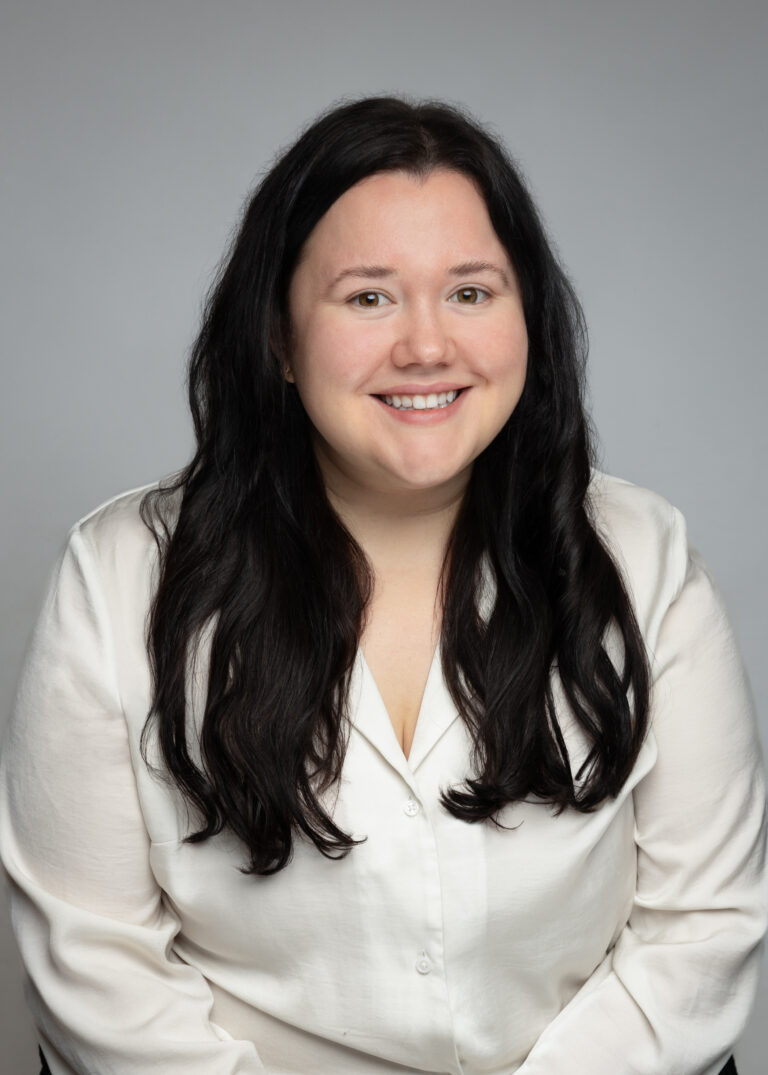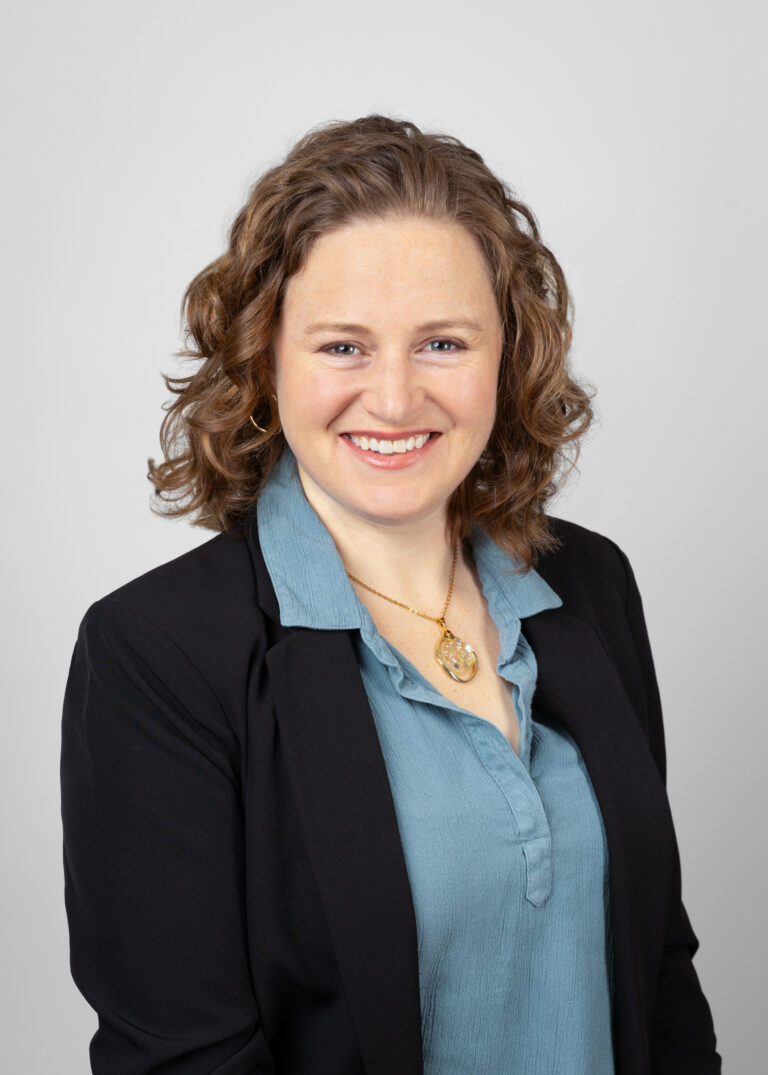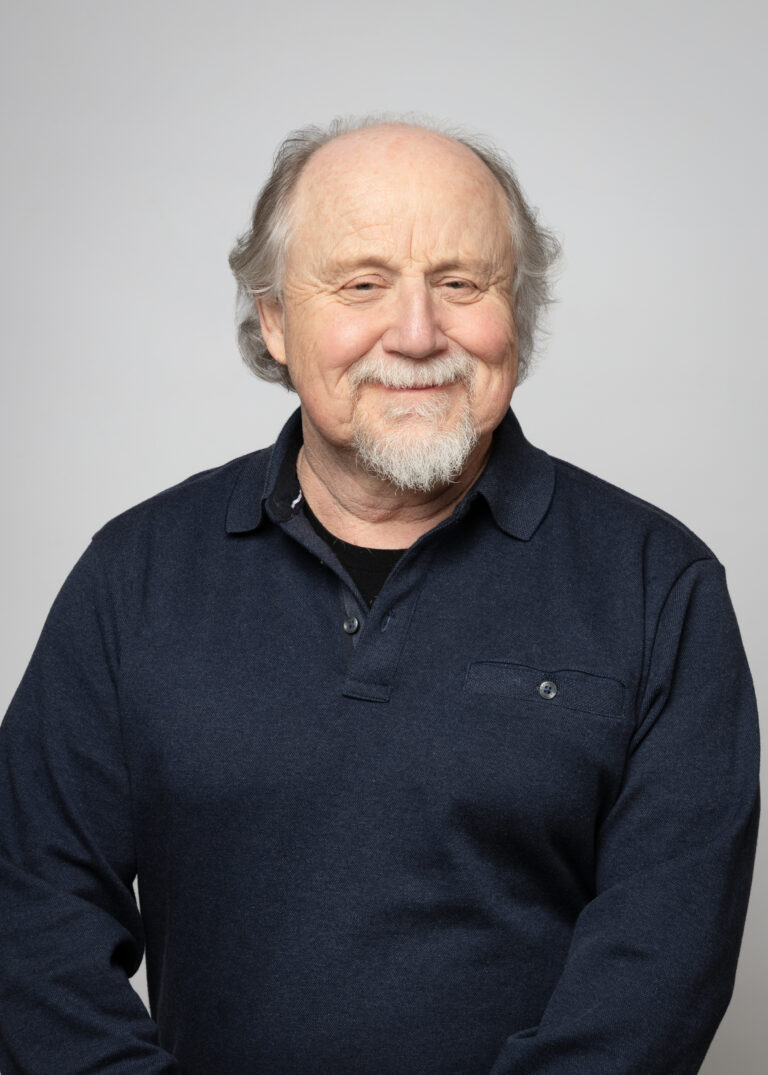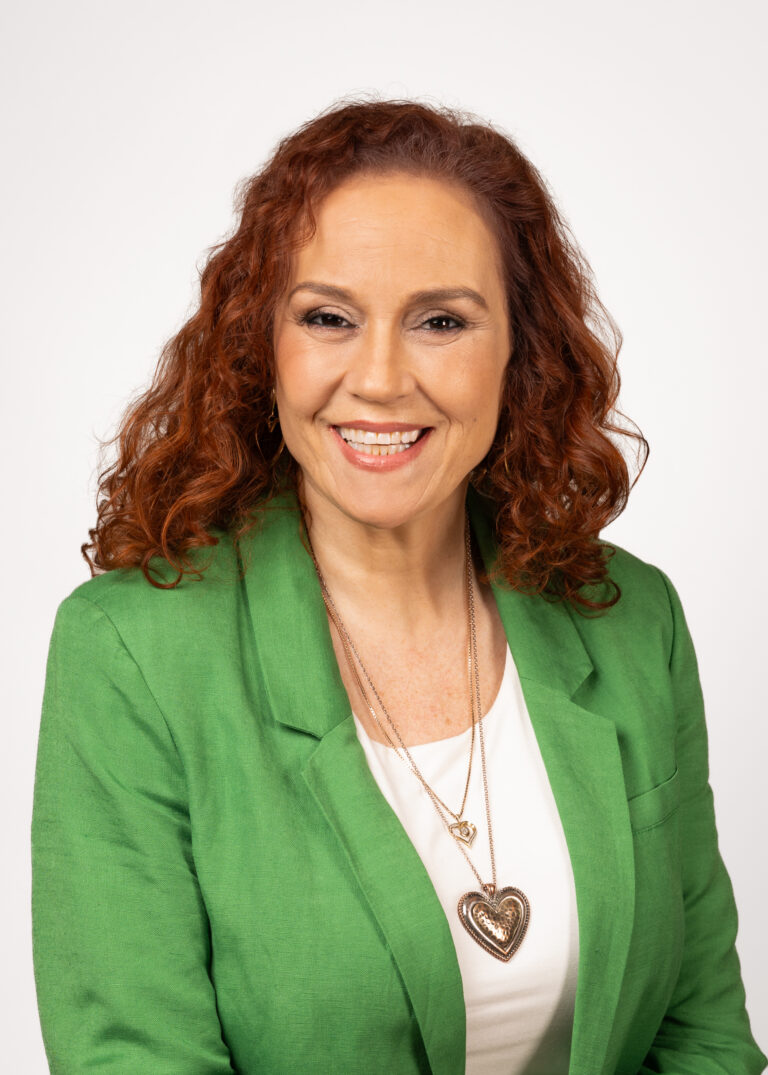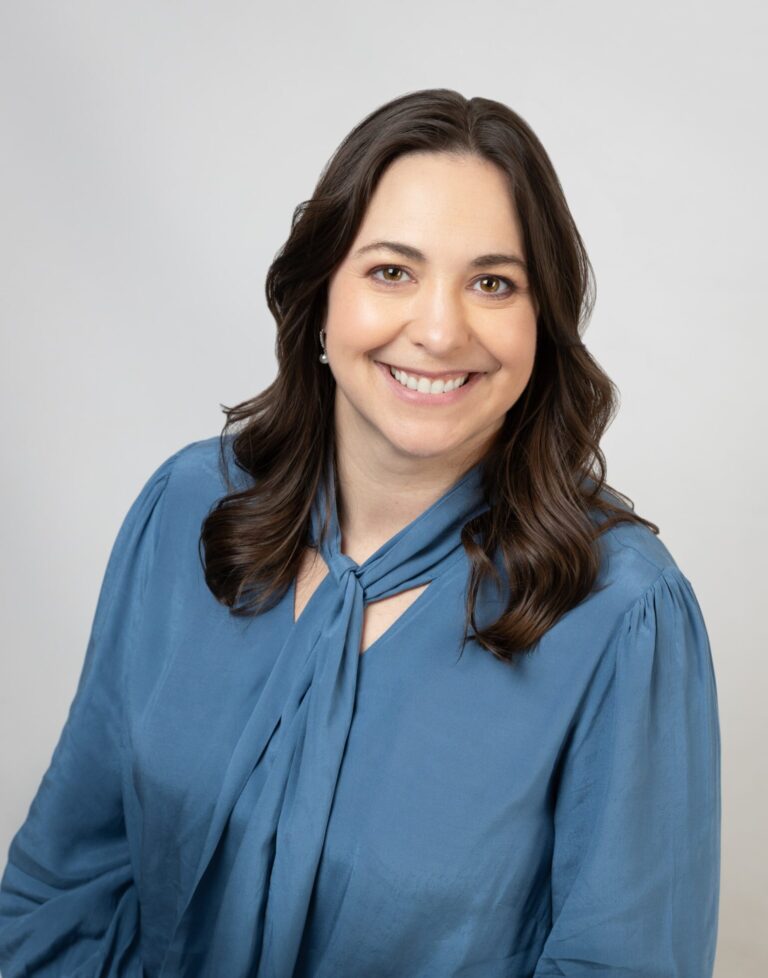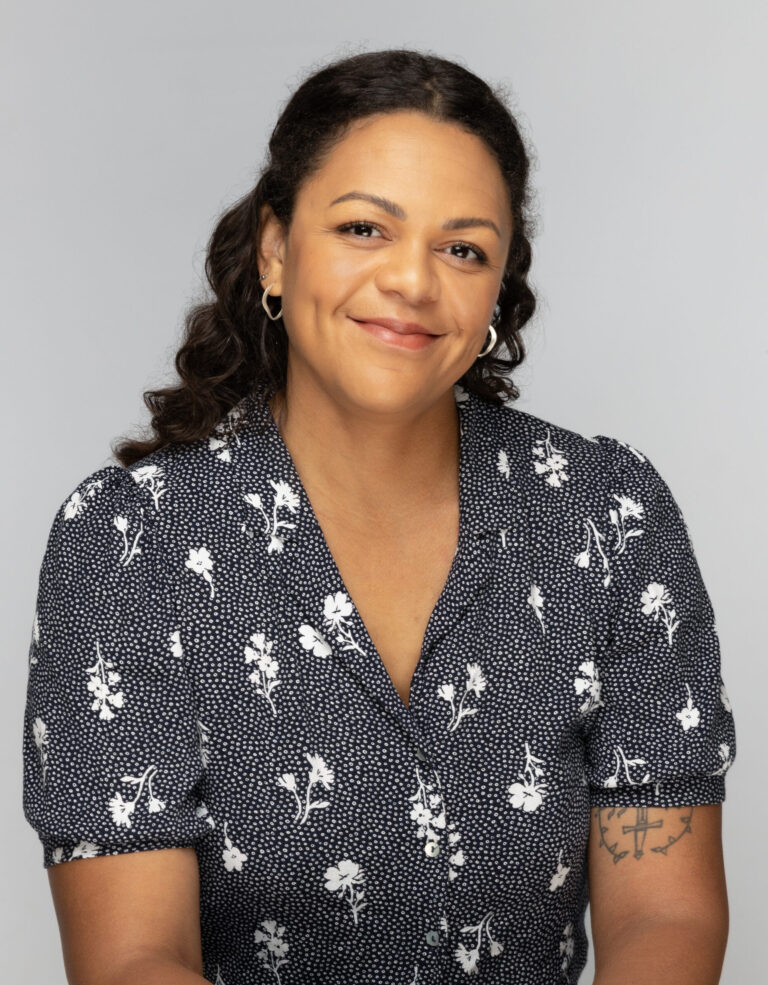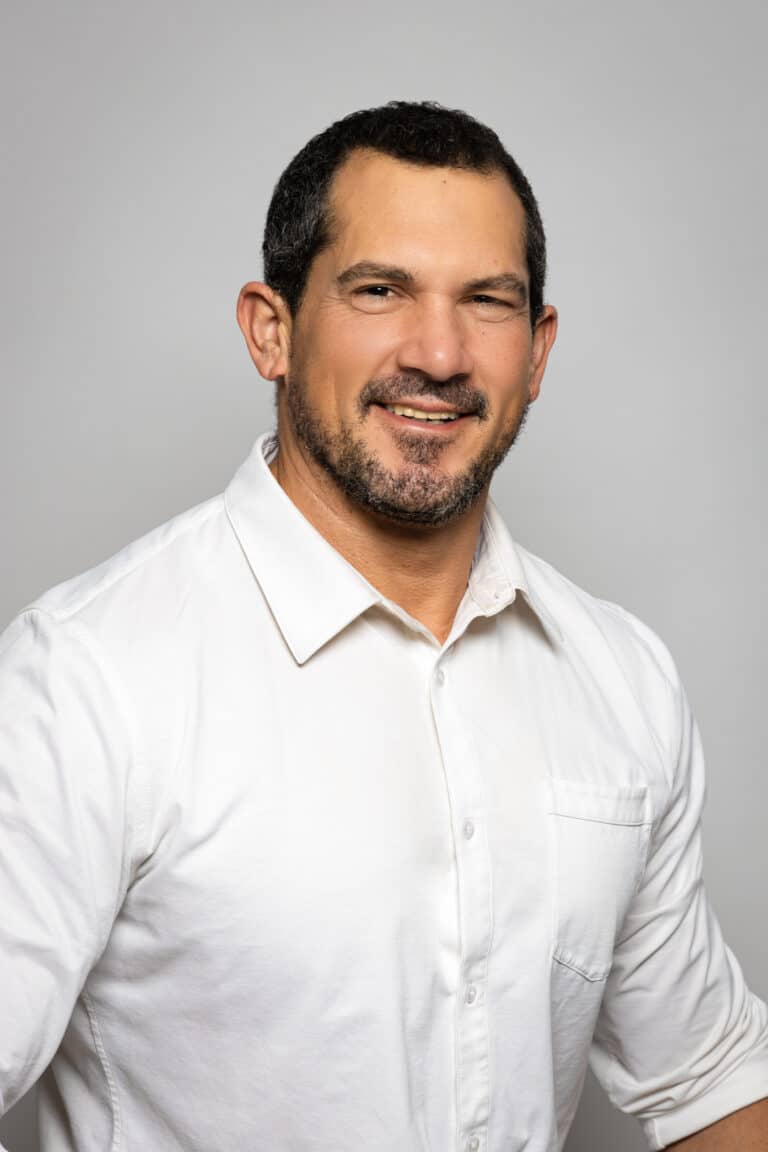When Difficulties arise
Invest in Your Relationship
Intimate relationships require an investment of time, care, commitment, trust, and a willingness to be vulnerable. When difficulties do arise, experienced support and guidance can make a significant difference. The goal of our relationship-focused counsellors is to provide a safe space for you and your partner to deeply understand – and begin shifting – your interpersonal dynamics in order to build a capacity for greater harmony and connection.
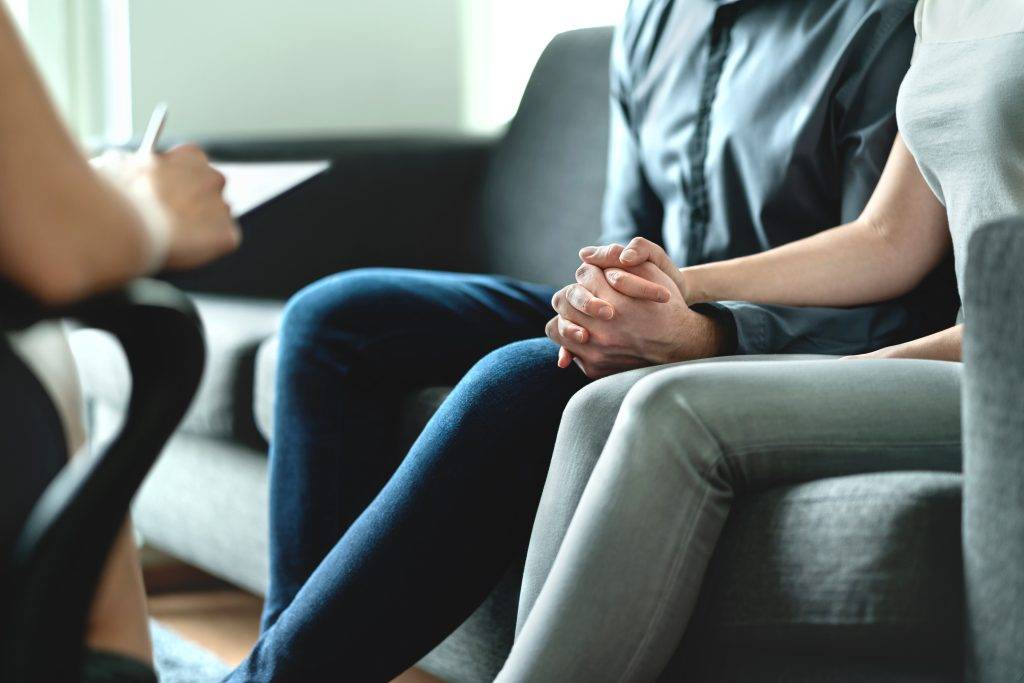

Couples Counselling can Help you Learn and Grow in the Following Areas:
- Communication
- Power struggles
- Parenting
- Financial disagreements
- Desire and intimacy
- Infidelity and trust
- Codependency
- Emotional intelligence
- Attachment styles
Dig deeper and build a strong foundation of healing by booking a couples therapy intensive. These intensives last four to six hours and are available for booking on weekends. Together with your counsellor you will work through your most pressing challenges, and learn the skills you need to take your relationship to a new level of communication and understanding. The skills you learn in an intensive can be implemented immediately, and built upon further during regular counselling sessions. Contact us to see if a couple’s therapy intensive is right for your partnership.
Your Couples Counsellor will help you uncover the reasons for your unhappiness, and build a tool-kit of useful skills that can be implemented immediately. By developing effective communication skills, you will learn to love and trust your partner on a deeper level – allowing you to develop a way of being together that has an ease and enjoyment about it. Enhance the strengths you already have, and overcome areas of challenge, to co-create a vision for your relationship.
With the right focus, commitment, and energy investment, we can help guide you to a more vibrant way of living as an individual and within partnership.
FAQ
Frequently Asked Questions
How Can Couples Counselling Help Our Relationship?
Couples counselling can be immensely valuable in improving your relationship in several ways. It provides a neutral and safe space where both partners can express their feelings and concerns openly. A trained therapist facilitates constructive communication, helping you both to understand each other’s perspectives and emotions better. Through this process, you can identify patterns of behaviour or communication that may be causing conflict and work on developing healthier ways to relate to each other. Couples counselling also focuses on enhancing emotional intimacy and rebuilding trust, essential components for a strong and lasting relationship. Additionally, it equips you with practical tools and strategies to resolve conflicts, deepen your connection, and foster a more satisfying and fulfilling partnership.
What Should We Expect In A Couples Counselling Session?
In a couples counselling session, you and your partner can expect a supportive and structured environment where you’ll work together with a trained therapist to address your relationship concerns. The session will typically begin with the therapist establishing a safe space and explaining the ground rules, including confidentiality and respectful communication. Each partner will have an opportunity to share their feelings and perspectives, while the therapist actively listens and ensures both voices are heard. The therapist will help identify patterns of communication or behaviour that may be contributing to conflicts and provide guidance on healthier ways to interact. Expect to engage in constructive dialogue, gain insights into each other’s needs and emotions, and develop practical tools to resolve conflicts and strengthen your relationship. While it may be challenging at times, couples counselling aims to foster understanding, enhance emotional intimacy, and promote positive changes that can lead to a more satisfying and harmonious partnership.
How Long Does Couples Counselling Typically Last?
The duration of couples counselling can vary depending on the specific issues being addressed, the level of commitment from both partners, and the progress made during the sessions. In some cases, couples may see significant improvements in their relationship after just a few sessions, while others may benefit from longer-term therapy to work through more complex or deeply rooted issues. Typically, couples counselling involves attending regular sessions, usually once a week or bi-weekly. Short-term couples counselling may last around 8-12 sessions, while more intensive or long-term therapy could extend to several months. Ultimately, the length of couples counselling is influenced by the unique needs and goals of each couple, and it may be adjusted based on their evolving progress and desired outcomes.
How Do We Know If Couples Counselling Is Right For Us?
Deciding if couples counselling is right for you involves considering several factors. If you and your partner are experiencing persistent conflicts, communication breakdowns, or a sense of disconnection, couples counselling can be a valuable option. If both of you are willing to commit time and effort to work on the relationship and are open to exploring your concerns in a supportive environment, couples counselling may be beneficial. It can also be beneficial if you want to improve communication, rebuild trust, or navigate through significant life transitions together. Reflect on your willingness to engage in the counselling process and your motivation to make positive changes in the relationship. If you both feel that you could benefit from guidance and support to strengthen your connection, seeking couples counselling can provide valuable insights and tools to foster a healthier and more fulfilling partnership.
Will Our Sessions Be Confidential?
Yes, couples therapy sessions are typically confidential. Like individual counselling, confidentiality is a fundamental ethical principle in couples therapy. The therapist is bound to maintain the privacy of all information shared during the sessions. Anything discussed between you, your partner, and the therapist will be kept confidential and not shared with anyone outside of the therapeutic relationship. However, there are certain exceptions to confidentiality that the therapist will likely explain during the first session. These exceptions may include situations where there is a risk of harm to yourself or others, cases of child abuse or neglect, or when required by law. It’s essential to have open communication with the therapist about any concerns you may have regarding confidentiality to ensure you both feel comfortable and safe during the couples therapy process.
What Are The Qualifications And Experience Of The Counsellor?
The qualifications and experience of a couples counsellor can vary depending on their training and specialisation. Typically, a professional couples counsellor holds a master’s degree or higher in psychology, counselling, social work, or a related field. They should have specialised training in couples therapy and be licensed or certified by a recognized professional organisation or regulatory body. Additionally, a skilled couples counsellor should have extensive experience working with couples and have a deep understanding of the dynamics and challenges that couples may face. It’s essential to inquire about the counsellor’s qualifications, credentials, and experience to ensure they have the expertise and knowledge needed to provide effective support and guidance for your specific relationship concerns.
Can Couple’s Counselling Help Us Improve Communication In Our Relationship?
Yes, couples counselling can significantly help improve communication in a relationship. One of the primary goals of couples therapy is to enhance communication patterns between partners. A skilled couples therapist creates a safe and supportive space where both partners can express themselves openly and honestly. Through active listening and effective communication exercises, the therapist can identify communication barriers, unhelpful patterns, and misunderstandings. They can then guide the couple in learning healthier ways to express their needs, listen to each other, and resolve conflicts constructively. Couples counselling equips partners with practical tools and strategies to communicate more effectively, fostering understanding, empathy, and emotional connection. By improving communication, couples can develop a stronger and more harmonious relationship, leading to greater satisfaction and intimacy in their partnership.
Can Counselling Help Us Resolve Conflicts And Disagreements?
Yes, couples counselling can be highly effective in helping partners resolve conflicts and disagreements. In couples counselling, a trained therapist acts as a neutral mediator, facilitating constructive communication between partners. Through active listening and empathy, the therapist helps each partner express their feelings and concerns while ensuring that both perspectives are understood. The therapist can identify underlying issues and unhelpful patterns of interaction that contribute to conflicts. They then provide guidance and tools to help couples address their disagreements in a more productive and respectful manner. Couples learn healthy communication techniques, conflict resolution strategies, and how to compromise effectively. By working through conflicts with the support of a therapist, couples can build trust, improve emotional intimacy, and strengthen their relationship, fostering a healthier and more fulfilling partnership.
Is It Normal To Feel Nervous or Unsure About Couples Counselling?
Yes, it is entirely normal to feel nervous or unsure about couples counselling. Starting couples counselling can be a significant step, and it’s natural to have mixed emotions about it. It may involve discussing sensitive topics and opening up about your feelings, which can feel vulnerable. Additionally, you might be unsure about what to expect from the process and how it will impact your relationship. It’s important to acknowledge these feelings and communicate them with your partner and the counsellor if needed. A skilled therapist will understand your apprehensions and work to create a safe and supportive environment to help you feel more at ease. Over time, as you engage in the counselling process, you may find that your nervousness subsides, and you begin to see the benefits of working on your relationship in a professional and caring setting.
What Happens If One or Both Of Us Are Reluctant To Attend Counselling?
If one or both partners are reluctant to attend counselling, it’s essential to have an open and honest conversation about the reasons behind their reluctance. It’s normal for some individuals to feel hesitant or uncertain about seeking help for their relationship. Encourage open communication and listen to each other’s concerns without judgement. Discuss the potential benefits of counselling, such as improved communication, better understanding, and a stronger connection. If one partner is more willing to attend counselling, they can attend individual therapy sessions to explore their feelings and gain insights. Over time, as they experience positive changes and growth through therapy, it might encourage the other partner to reconsider their reluctance. Ultimately, it’s crucial to respect each other’s feelings and give space for the reluctant partner to come to their decision in their own time. Pressuring someone into counselling may lead to resistance, so being patient and understanding is essential in navigating this situation.




